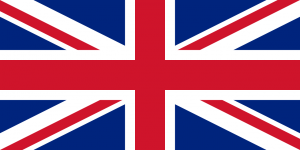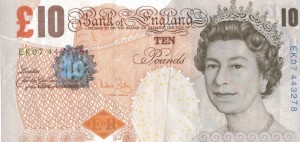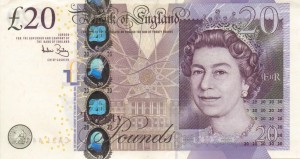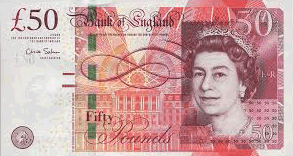Interview with William Eve about UK travel money options
 Travelling to the UK: During his latest trip to Europe, Will visited the UK. He took a combination of travel money cards and debit cards.
Travelling to the UK: During his latest trip to Europe, Will visited the UK. He took a combination of travel money cards and debit cards.
What credit cards, debit cards or travel money cards did you take with you?
Why did you take these cards?
- Comes with a backup card
- PIN protected
- Accepted in most machines and for most currencies
- Very easy to upload card with a user-friendly portal
- ANZ Access Advantage Account
- This was Will's everyday bank card and he took it across as a backup card
- Accepted in most locations but there is a pretty solid fee
Were there any places where your cards weren't accepted?
Will found that there were a few places where the Cash Passport travel card was not accepted. Will said that in this instance he would use his backup ANZ card or he would go for a short walk to the next ATM or merchant. He didn't have to look far to find a place where his Cash Passport would work.
How much cash would you take on a three-week holiday?
Will says he was a little shocked at how expensive things were in the UK, which he puts down to the exchange rate between the Australian dollar and the Pound Sterling. Will budgeted for AUD$150 per day for a total of AUD$3,000 over three weeks in the UK (including accommodation). Will says that he could have spent double this amount very easily.
What money tips do you have to anyone travelling to this country?
- Pay attention to how much you are paying for food and alcohol. Will says eating out and drinking in London and other parts of the UK is extremely expensive. He gives this advice for keeping costs low: "Hunt out good pub meal bargains and shop at Tesco and Sainsbury's for your other meals. Try to avoid drinking coffee out."
- Will also recommends AirBnB, especially if you're travelling as a group. Hostel dorm beds were upward of £35 a night.








I am going to London in June, I live in the U.S. If I purchase a prepaid travel card for example with 1000 pounds on it, would I also have to pay conversion fees or other fees or will the amount I have on the card be what I have and that’s it?
Hi Skye,
Thanks for your question.
As an Australian financial comparison service, we usually only provide information regarding Australian travel products.
Usually with a prepaid card, you need to load the card with your local currency and then transfer it to the supported currency that you need to use on your holiday. Once the funds are converted to the local currency, e.g. GBP, then you shouldn’t be charged currency conversion fees when spending. Prepaid cards can usually be topped up as you need to, though you may be charged a fee when you reload the card with funds depending on the card you have.
I hope this has helped.
Cheers,
Sally
will I experience any problems with a visa debit and credit card held with peoples choice credit union
Hi Peter,
Thanks for your question.
You shouldn’t have any issues with your Visa debit card and credit card. It would be good to notify People’s Choice Credit Union before you leave.
Be mindful that a number of fees could apply to your transactions.
Cheers,
Shirley